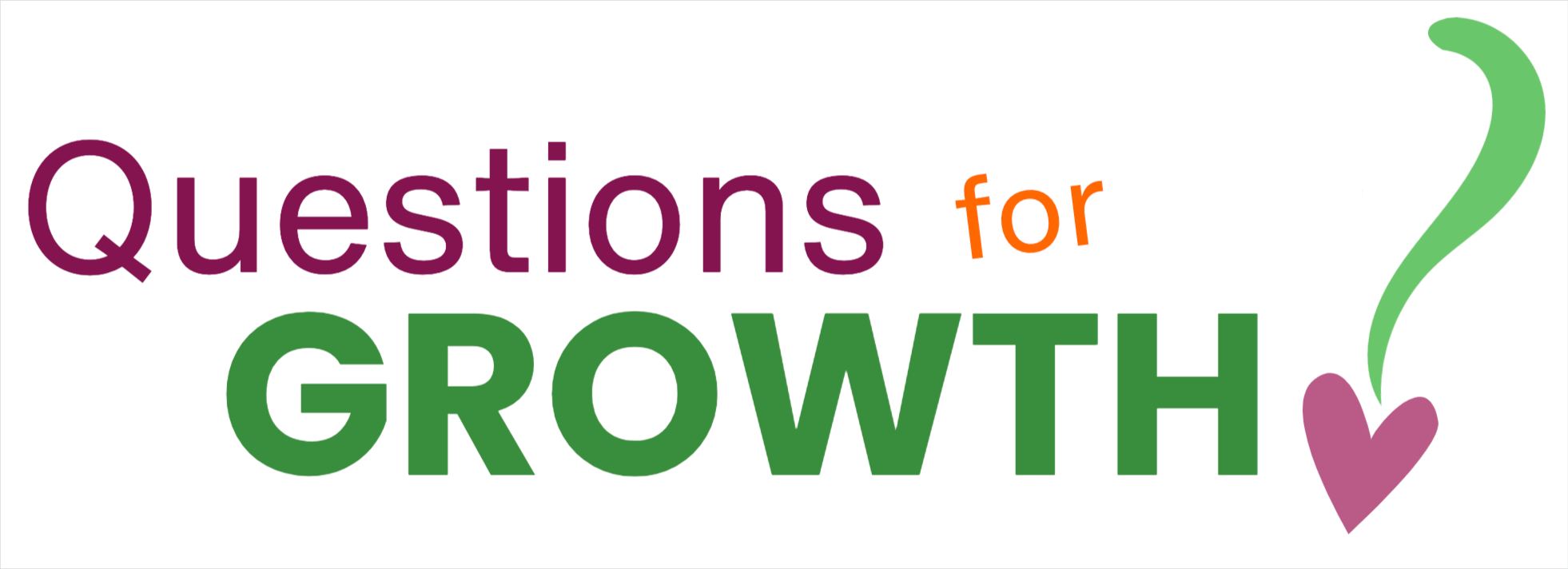Is human nature one of kindness and cooperation? This is a question that has been debated for centuries, with some arguing that humans are inherently selfish and aggressive, while others believe that we are fundamentally good. In his book “Human Kind: A Hopeful History,” Rutger Bregman presents a compelling case for the existence of human goodness, challenging the prevalent belief in human selfishness and aggression.
But beyond Bregman’s book, is there evidence to support the idea that kindness and cooperation are intrinsic to human societies? Let’s take a closer look.
Firstly, there is an abundance of research showing that humans are wired for cooperation. From the earliest days of human evolution, cooperation has been essential for our survival. Hunter-gatherer societies relied on cooperation to find food, build shelter, and defend against predators. Researchers have found that even today, cooperation remains a key feature of many societies, from the family unit to international alliances.
Interestingly, recent studies have shown that cooperation may be even more natural to us than competition. A study conducted by the Max Planck Institute for Evolutionary Anthropology found that chimpanzees, our closest living relatives, are more likely to cooperate than compete, suggesting that cooperation is deeply rooted in our evolutionary history.
But it’s not just cooperation that is important – kindness is also a fundamental aspect of human societies. Acts of kindness, such as helping others in need, are not only common but are also deeply ingrained in our cultural and social norms. In fact, studies have shown that acts of kindness and altruism can have a positive impact on our physical and mental well-being.
For example, a study published in the Journal of Social Psychology found that participants who performed acts of kindness for 10 consecutive days experienced an increase in life satisfaction and a decrease in symptoms of depression. Another study found that volunteering can lead to a decrease in mortality rates, suggesting that helping others may actually be beneficial for our health.
However, there are certainly examples of human societies where kindness and cooperation are not the norm. In some cases, societal factors such as poverty or inequality can lead to increased competition and aggression. But even in these cases, there is often a strong sense of community and cooperation within smaller groups.
So why do we often hear more about human aggression and selfishness than we do about our inherent kindness and cooperation? Bregman argues that cultural narratives perpetuate the myth of human selfishness, but there may be other factors at play as well. Negative news stories, for example, are often more attention-grabbing than positive ones, which can skew our perception of reality.
But regardless of why we may sometimes overlook the kindness and cooperation that exists in human societies, it’s clear that these qualities are essential for creating a more peaceful and equitable world. By acknowledging and promoting the importance of kindness and cooperation, we can work towards creating a better future for all.
The idea of human kindness and cooperation is at the heart of being a practical optimist, a concept explored in my book ‘Musings of a Practical Optimist’. Being a practical optimist means recognising the problems that exist in the world while maintaining a sense of hope and believing in the potential for positive change. One of the simplest ways to bring about positive change is to believe in the innate goodness of humanity.
Musings of a Practical Optimist emphasises the importance of taking a proactive approach to addressing societal issues, rather than feeling overwhelmed and helpless. This is where the concept of human kindness comes in – by recognising that people are inherently good and capable of acts of kindness and cooperation, we can work towards building a better world.
Believing in human kindness also aligns with the idea of collective action, another important aspect of being a practical optimist. By acknowledging that we are all interconnected and that our actions can have an impact on others, we can work towards creating a fairer society.
Although the problems that exist in the world can feel overwhelming, by maintaining hope and believing in the goodness of humanity, we can work towards building a better future.
Concluding thoughts…
The idea that human nature is one of kindness and cooperation is not only supported by scientific research but is also evident in our cultural and social norms. While there may be examples of aggression and selfishness in human societies, these are not representative of the larger picture. By embracing the power of kindness and cooperation, we can create a more hopeful and optimistic vision of human nature and work towards a better world.







